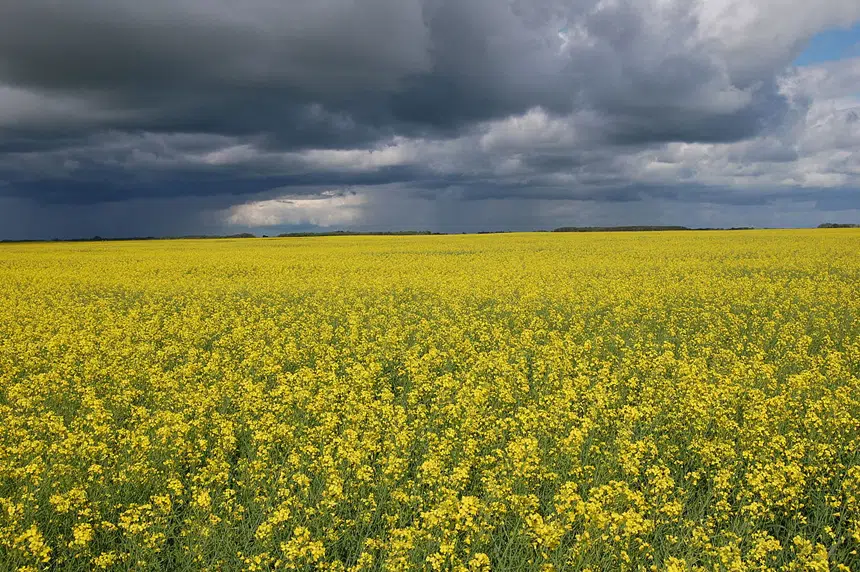The Global Institute for Food Security (GIFS) at the University of Saskatchewan has received a $600,000 grant from the Saskatchewan Agriculture Development Fund to look at ways they can extend the growing season of canola and soybean crops.
“Farmers want to get [canola and soybeans] in as soon as possible because the quicker they can get them established the longer the growing season the greater the yield,” said Dr. Leon Kochian, associate director of GIFS.
“They still need a little more time in a growing season, and that’s where we got involved because there is potential through making the crop more tolerant to cold as a seed. And that fits right into our wheelhouse of expertise here at the global institute for food security.”
According to Kochian, the normal planting time for canola and soybean crops is in May when the ground temperature is close to 10 C.
Their plan is to use genetic sequencing to adapt seeds, to have more tolerance to cold weather so farmers can get them in the ground sooner.
“I was talking with these scientists and they said ‘it would be good in Saskatchewan to get another week’ and they think they pushed it as far as they could with the genetics, and I said ‘you know you are planting in cold soils, seed germination is impacted by that,'” said Kochian about their work to increase a seed’s ability to take root in the cold ground.
“We will measure germination ability at low temperature versus a normal temperature, and we will measure root growth identifying lines that show more tolerance to cold temperatures for germination and seedling growth and establishment.”
A similar process was used to shorten the the time frame for soybeans to reach maturity, and according to Kochian. He said that helped soybeans “take off” in Canada.
Kochian says it will be a number of years still before the research project is complete and a commercialized product can be grown.











